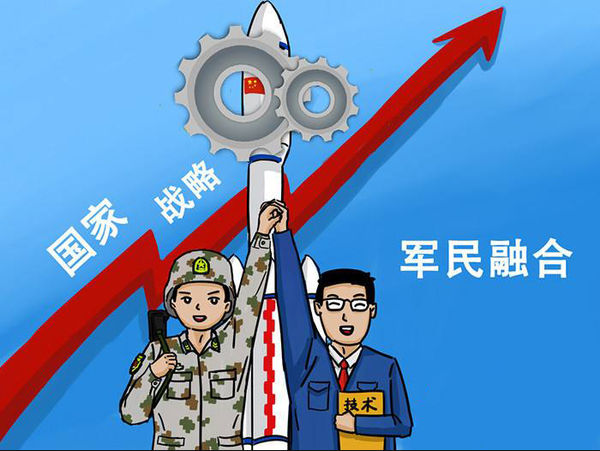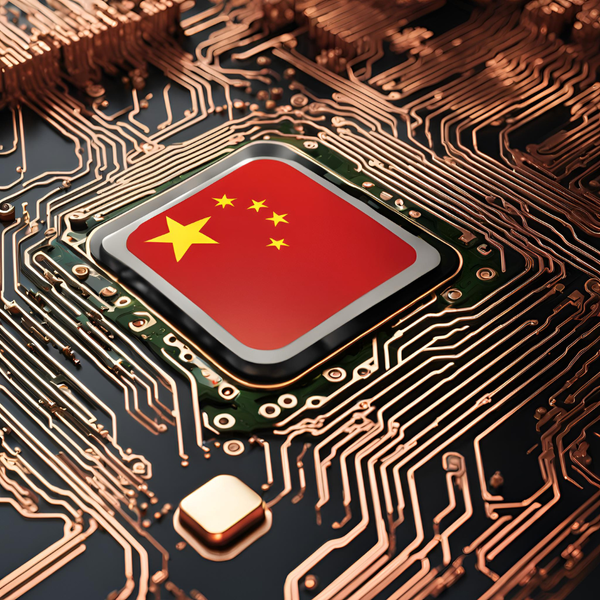PART ONE: Social Media in the Philippines: Are pro-China trolls influencing the political narrative?
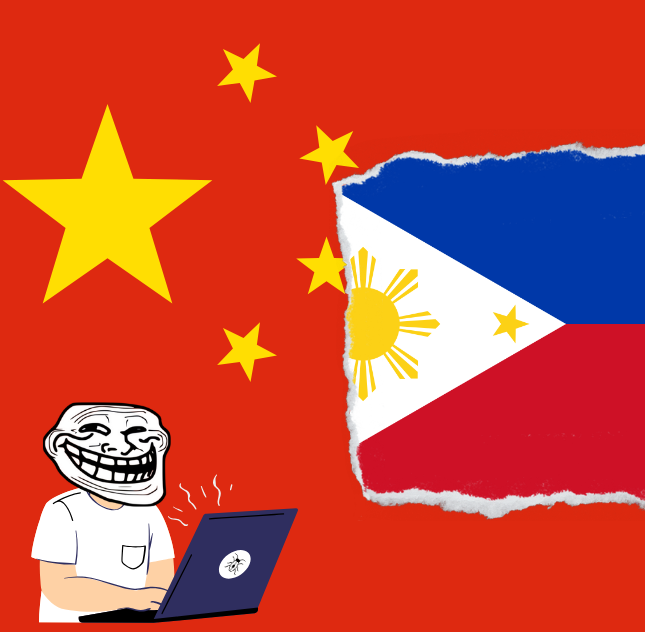
Poor tradecraft gives away fake social media accounts promoting China’s interests in the Indo-Pacific online space.
A rise in tensions between China and the Philippines has been hitting the news in recent weeks and months, caused by an increase in alleged aggression by Chinese vessels in the South China Sea (Or West Philippine Sea, depending on who you ask). Inspired by this report calling out Chinese disinformation in Filipino media, we decided to see if we could find any evidence of this ourselves.
One political voice in the region calling out the Chinese Coast Guard (CCG) for their dangerous manoeuvres is the EU ambassador to the Philippines, Luc Véron. Over the last few months we have seen various articles in which they’ve been quoted calling out the CCG’s aggression (Manila Bulletin, Inquirer). What’s the reaction been to this been on X?
We looked at the post below from the ambassador’s account @EUAmbPH, and noticed that a number of replies from accounts purporting to be Filipinos shared remarkably similar structure and narrative, and are pro-China. While this is not highly unusual behavior to see on X, the narrative of these comments are unexpected.
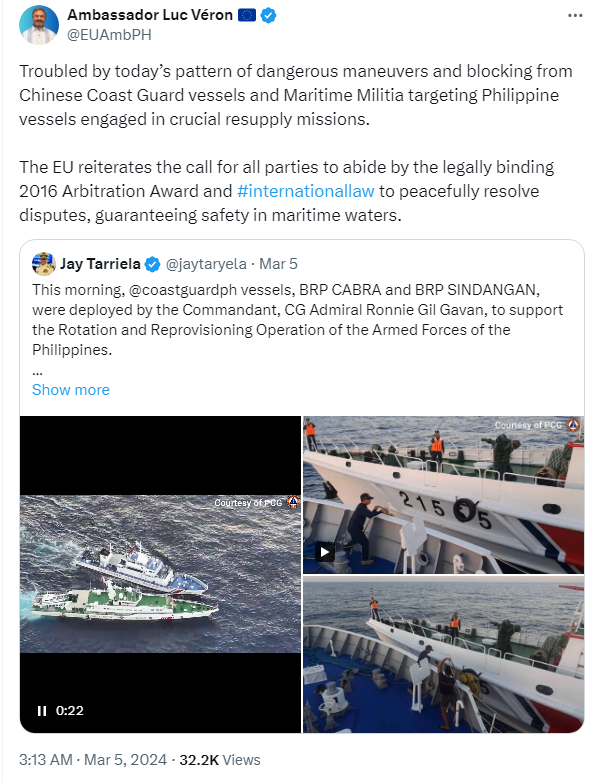
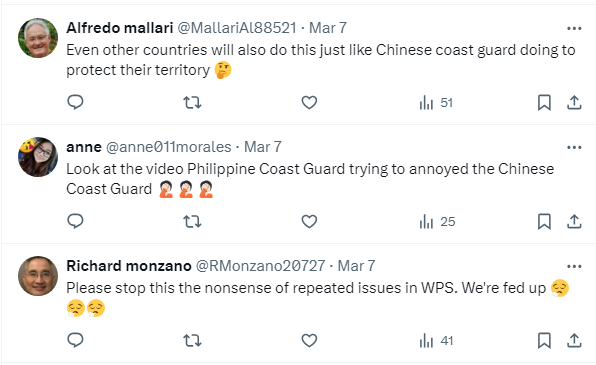
To start, let’s look into the profiles of Alfredo, Richard and Anne.
Below is a screenshot from Alfredo’s profile. It’s dedicated to reposting content from China’s embassy in Manila, and praising China’s economy and technology. In his replies he’s not afraid of countering any anti-China sentiment with attacks against the Philippines and its politicians, again using the same wording multiple times across posts. An account purely used to attack Filipino actions while praising the Chinese ambassador’s every move? Hardly seems like an organic account.
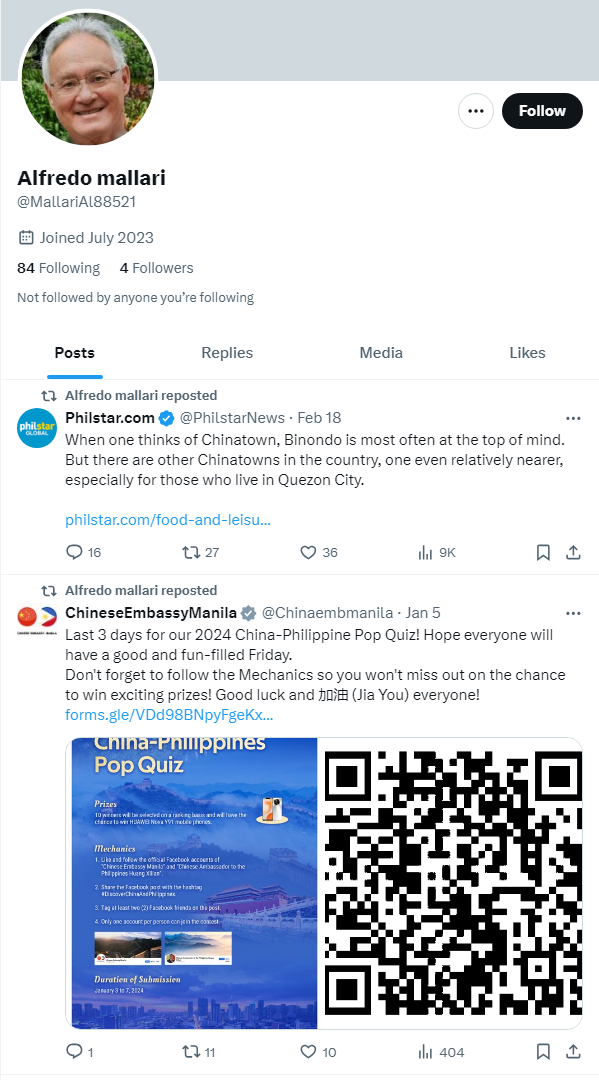
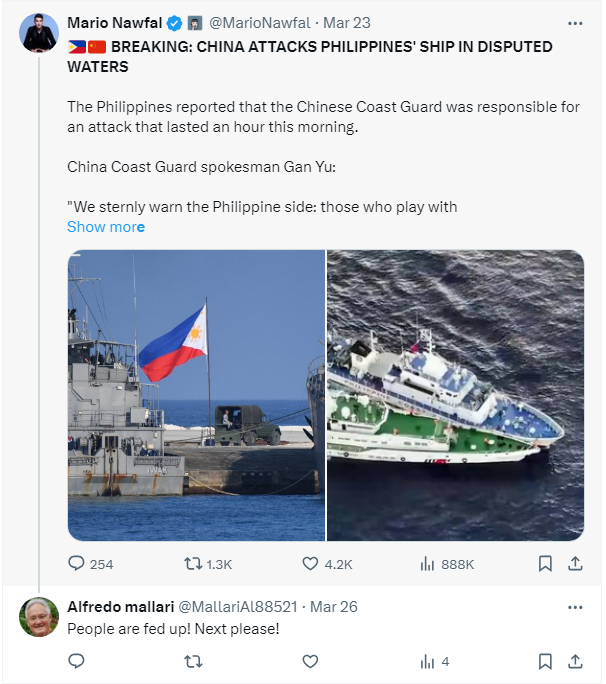
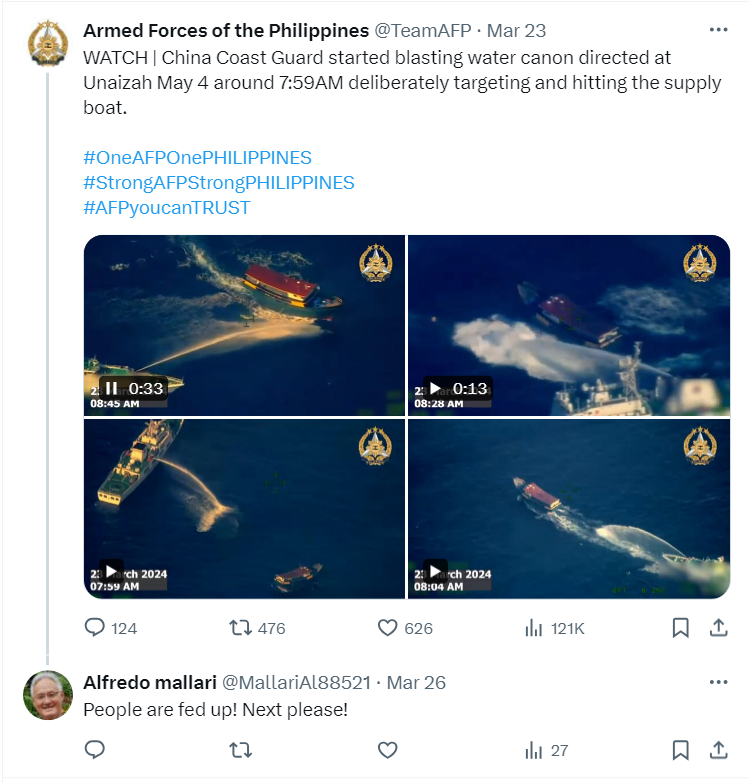
“People are fed up! Next please!”
Onto Richard. He’s commenting and liking exactly the same pro-China posts, in exactly the same order, with exactly the same agenda. There’s a reasonable chance these two accounts are being run by the same individual or group. As you can see from the below replies, the only thing that they changed was the emojis used.
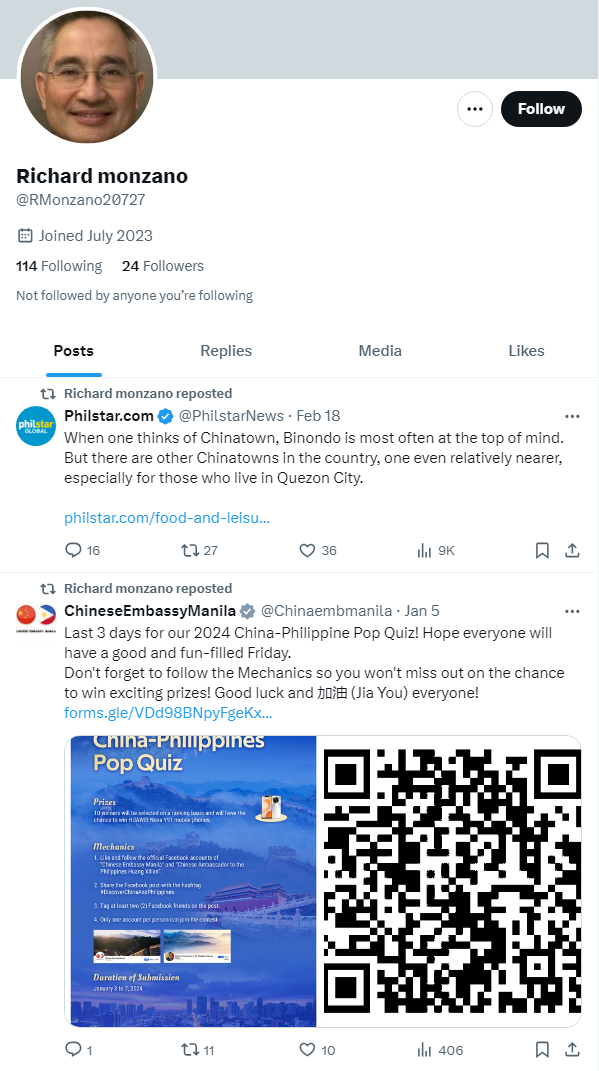
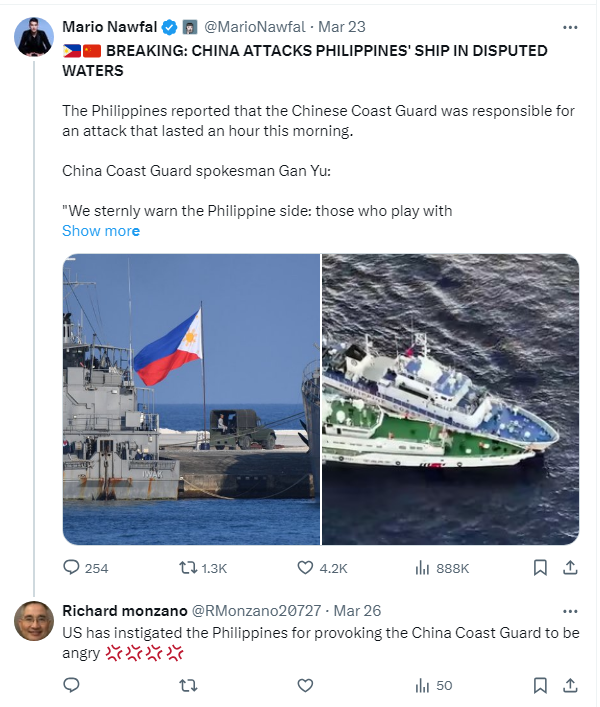
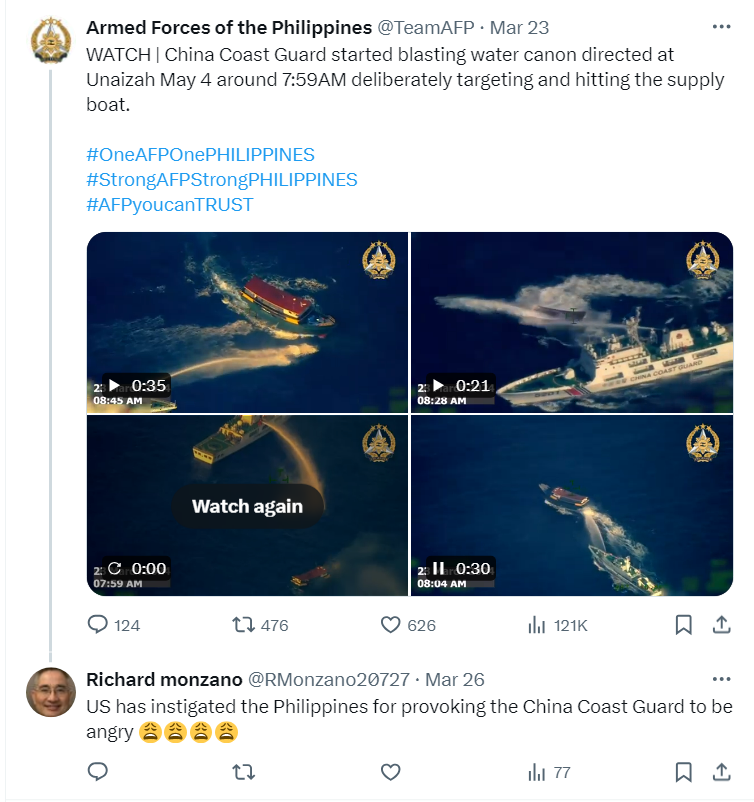
“US has instigated the Philippines for provoking the China Coast Guard to be angry”
Here’s Anne’s profile. Look familiar?
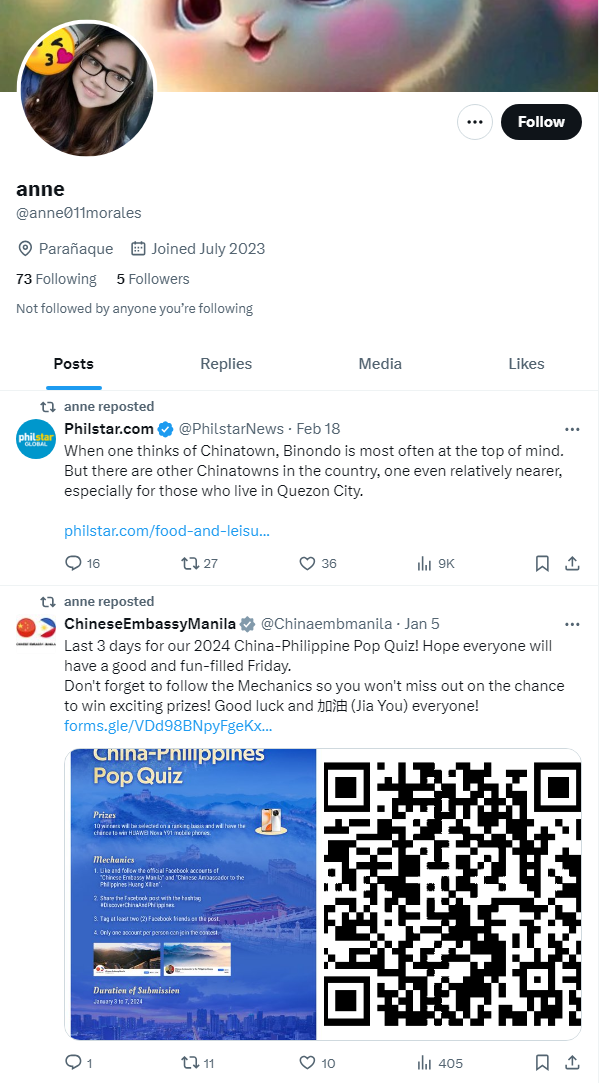
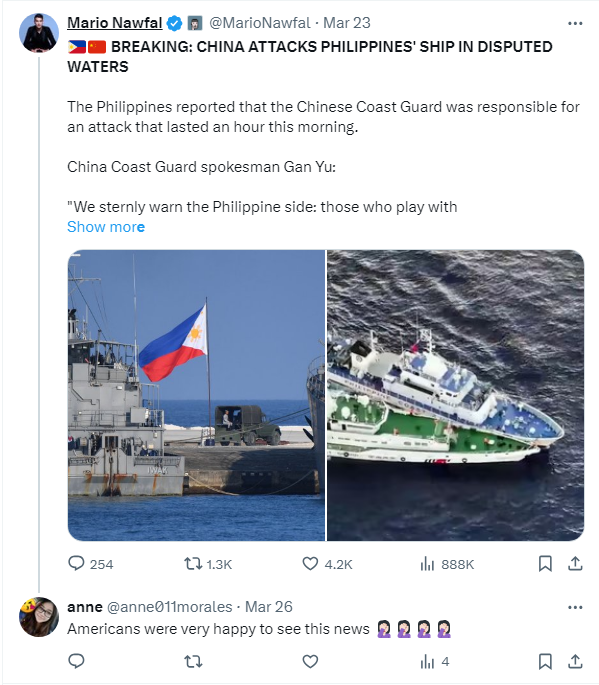
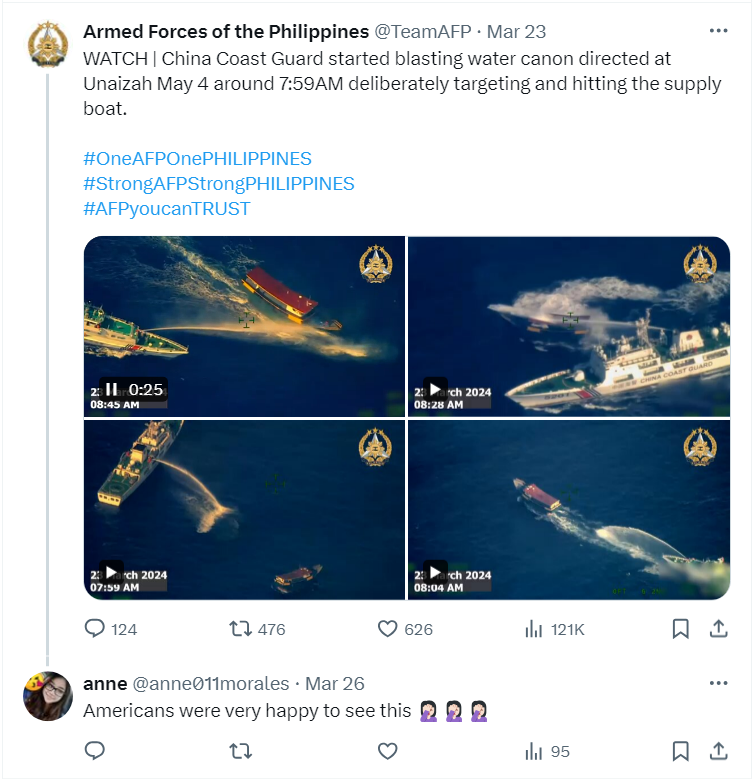
“Americans were very happy to see this”
Our investigation didn’t end with X however. We were curious if similar tactics, techniques and procedures (TTPs) were being used on other social media, namely Facebook. Since we’ve seen suspected pro-China trolls heavily supporting the Chinese ambassador to the Philippines, that’s were we started. Most of his FB posts were pretty unpopular, with only a very small amount of likes, comments, and shares. Some, however, receive an unusually high amount of positive interest. The post below from December 10th 2023 is a good example.
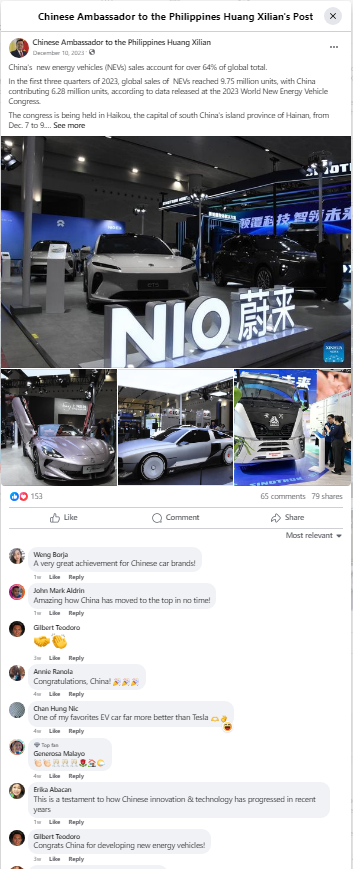
Here we can see on full display the same TTPs we saw on X; fake profiles posting very similarly worded comments pushing an identical agenda, with little to no organic activity. Accounts like Weng Borja and John Mark Aldrin were among the commenters and I thought I’d dig deeper. On John’s account, he has no friends and nearly all the posts are glorifying China’s diplomatic efforts and technological progress.
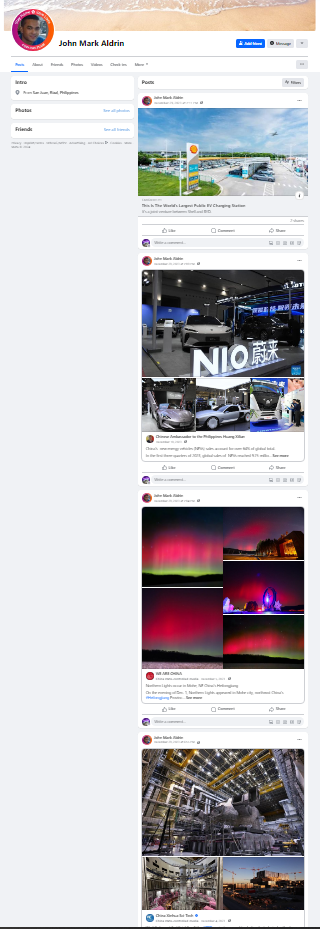
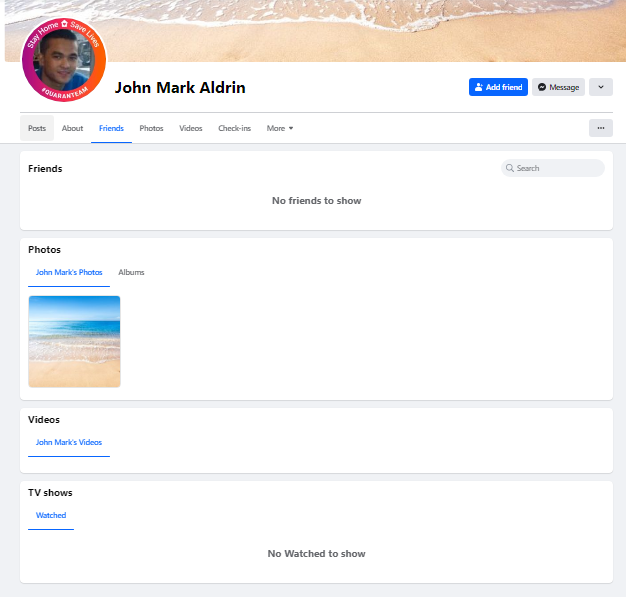
Since Weng Borja’s account was created in August 2020, she has posted hundreds of times to promote the Chinese COVID-19 vaccine, Chinese technology and the Chinese embassy in the Philippines. Again, she has no friends and no background information on her account. Other accounts such as Erika Abacan have done exactly the same. Sloppy tradecraft by the same troll working for China?
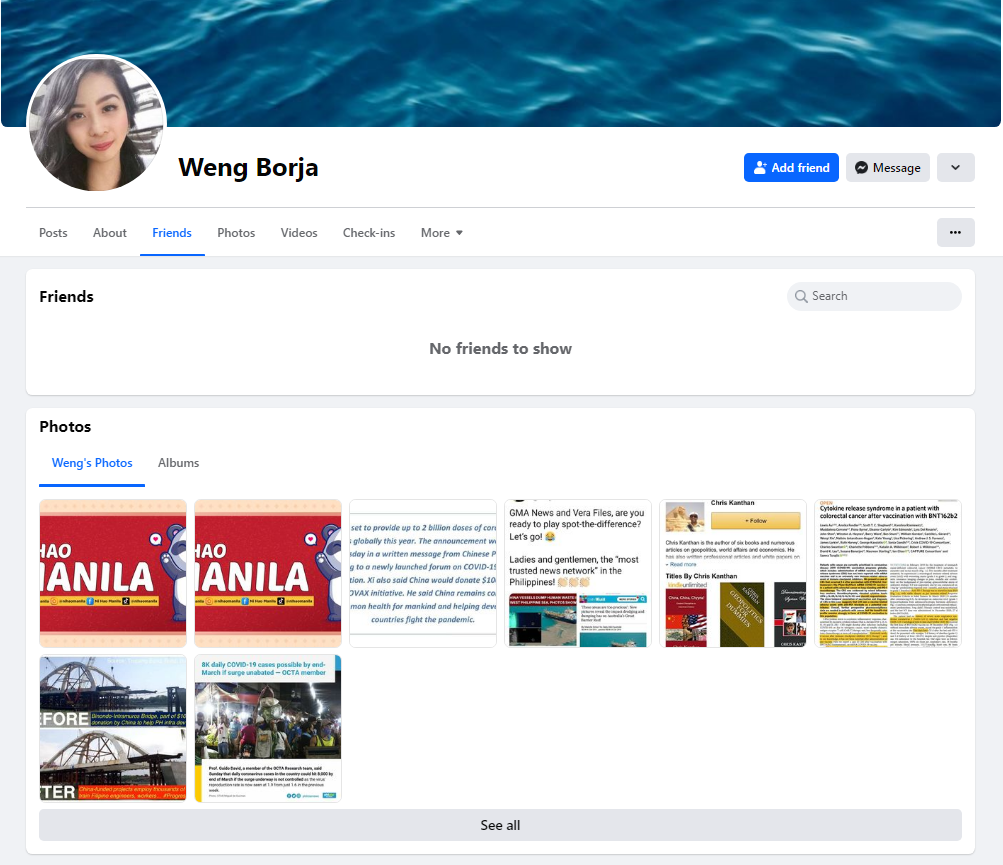
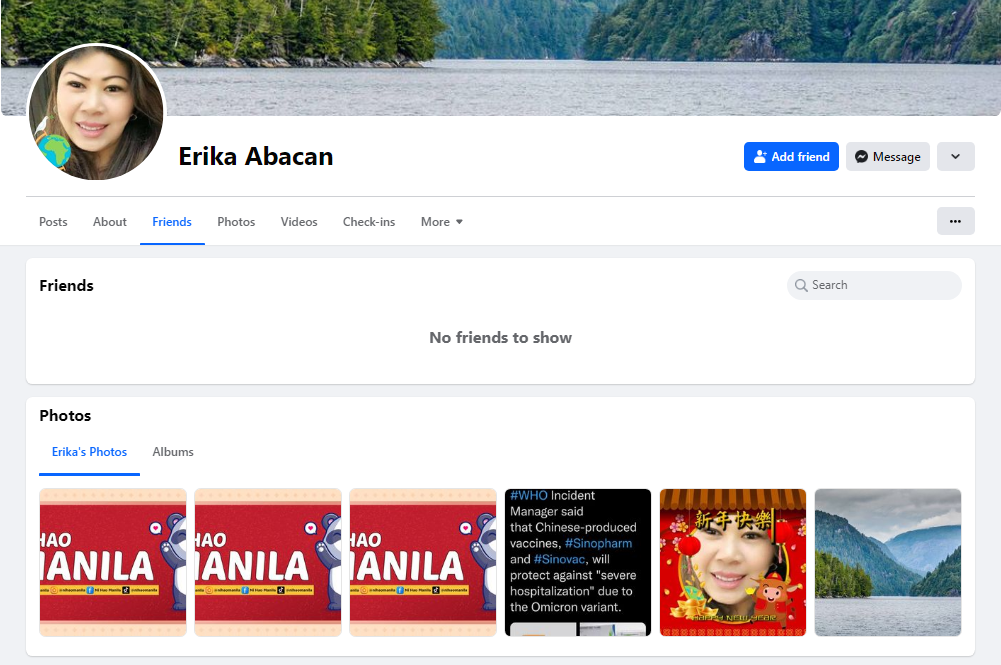
We noticed another account called Charlene May San Juan who has used the same “Ni Hao Manila” photo as Weng Borja. And also noticed a near-identical post history to the other suspected troll accounts.
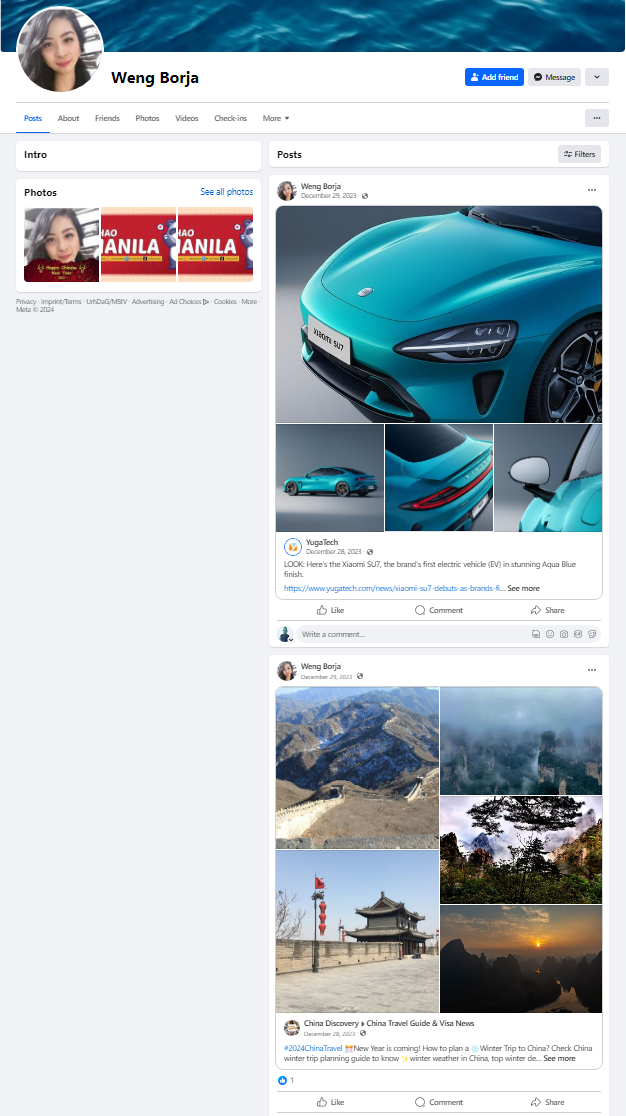
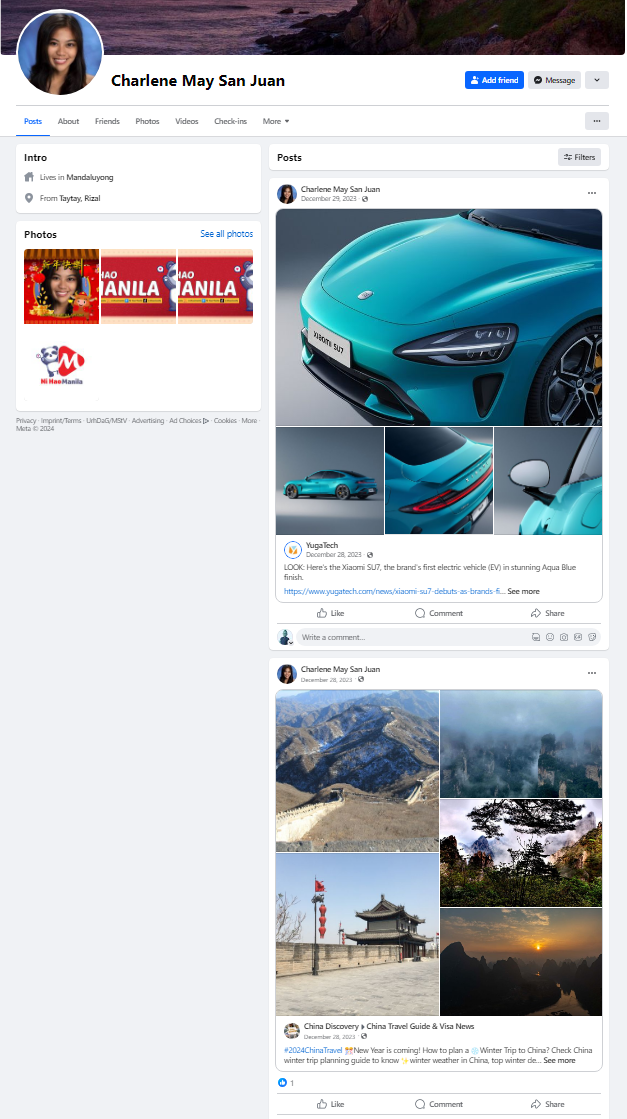
Doing a Google Lens reverse image search on Charlene May San Juan’s profile picture, there is also on a profile of someone called Yzabel from Palm Springs. Something didn’t look right to us about this image! We suspect that similar tactics have been used on many of these accounts. Why not take a look for yourselves?
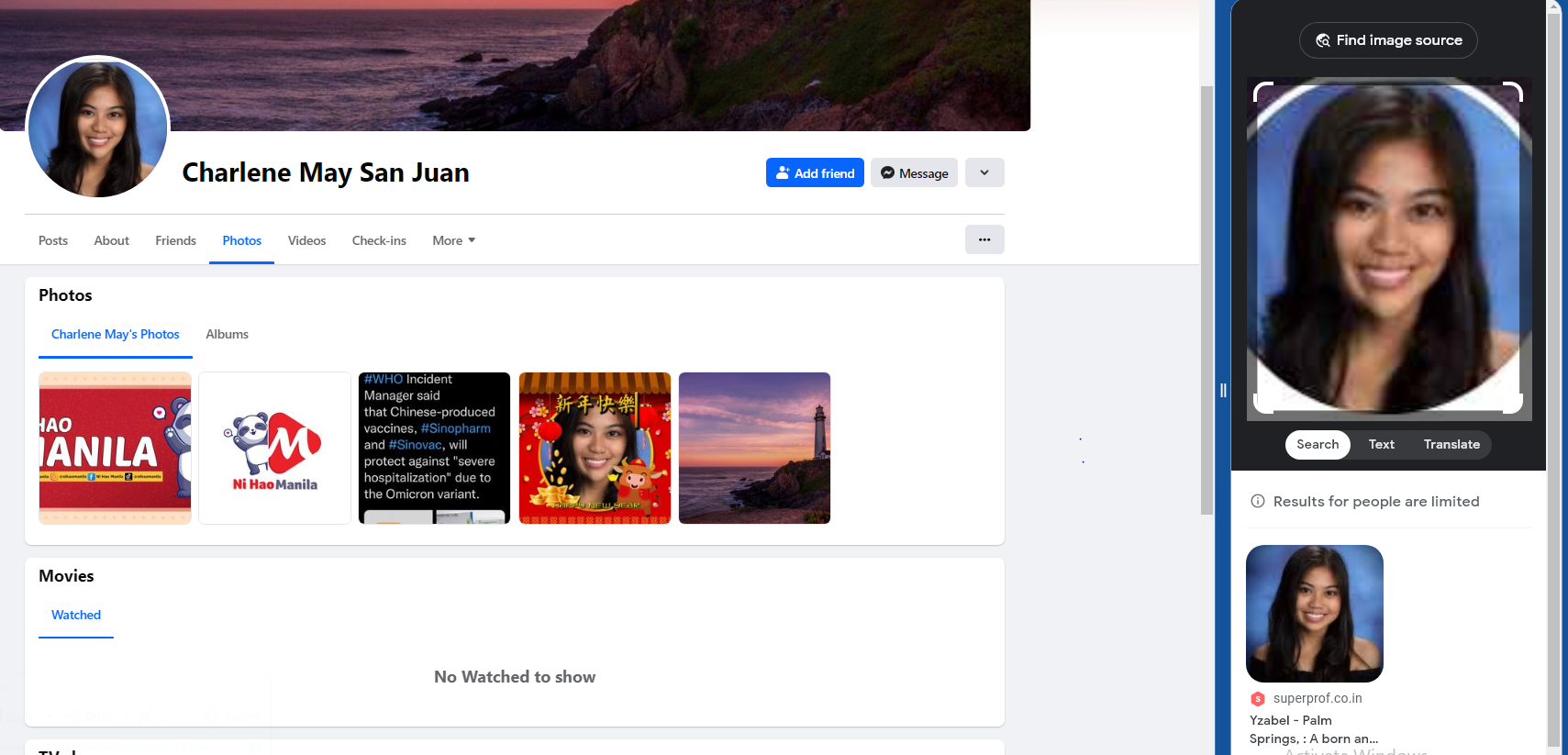
To conclude, this investigation covers a small snapshot of profiles and we strongly suspect (based on TTPs) that a larger group of individuals are amplifying a pro-China agenda across various platforms, while attempting to drown out genuine domestic and foreign concerns about aggressive Chinese actions in the Indo-Pacific region. It’s a shame for them that their operating procedures are so sloppy, but it’s a bonus for us!

